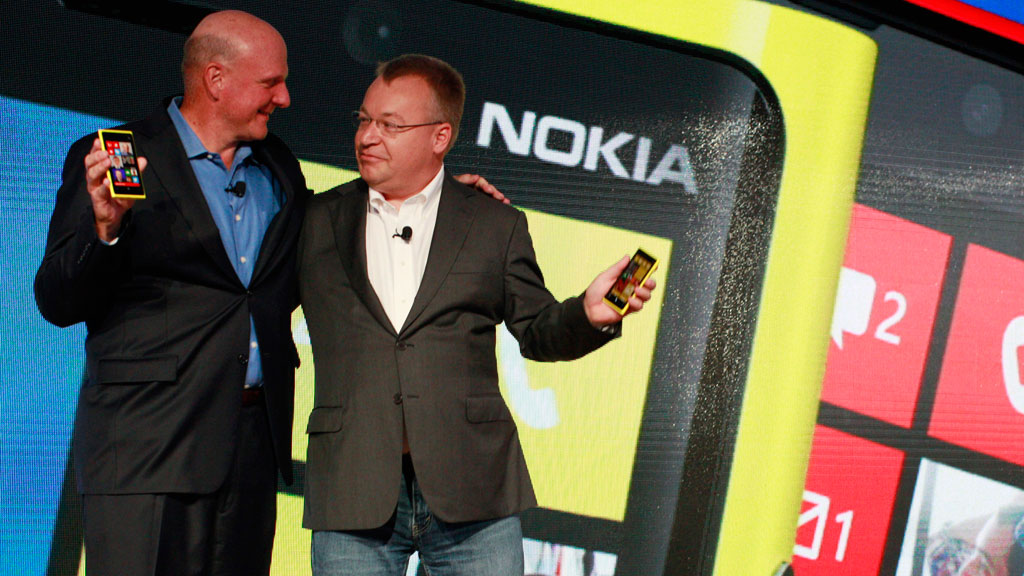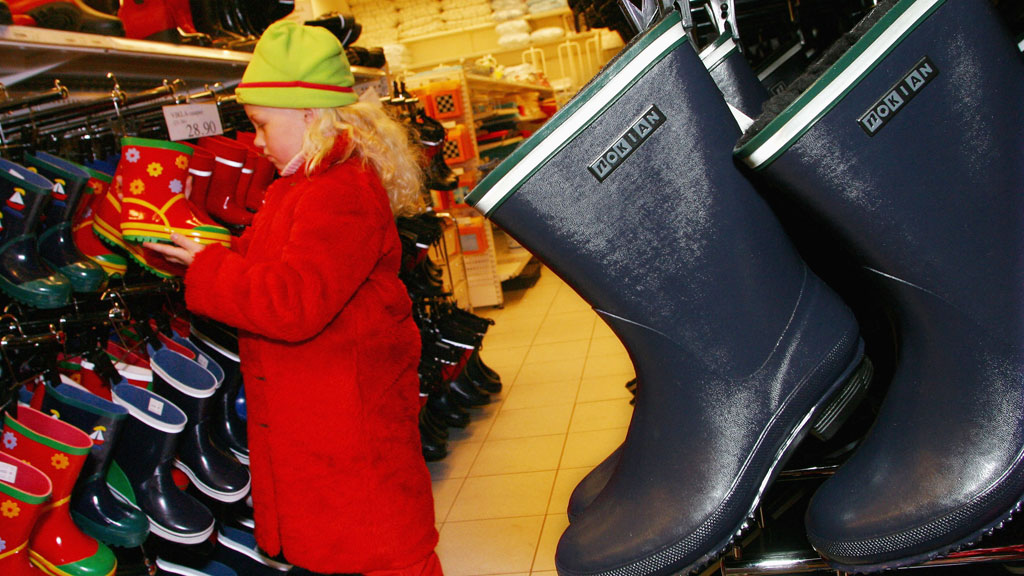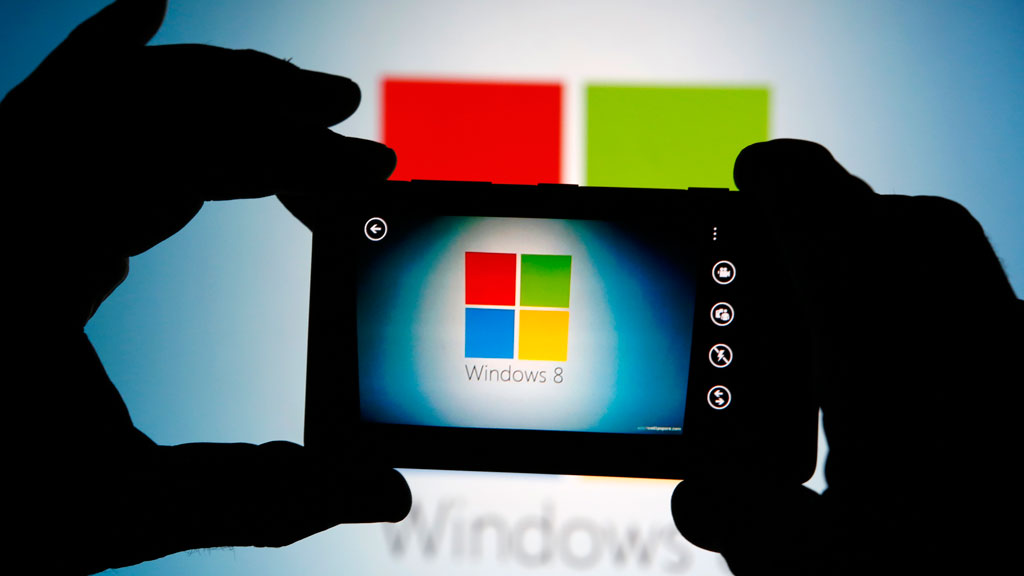From wellies to tellies: Nokia’s rise and fall
Once undisputed king of the mobile phone, the 150-year-old Nokia has been snapped up by Microsoft after struggling to master the smartphone.

Nokia was bought for 5.4bn euros as Microsoft clambers further into the mobile phone market to catch up with technology rivals Apple and Samsung, which have both captured the smartphone mood as the home PC continues falls out of fashion.
Nokia saw a steady decline after 1998 when it led the mobile phone market. From 1996 to 2001 its turnover rocketed from 6.5bn euros to 31bn euros, but the advent of mobile internet at the turn of the noughties signalled the end of its dominance.
Change of tune
As the company moved towards market dominance in the 1990s, its trademarked Nokia Tune ringtone threatened to become the new Greensleeves in its patience-testing ubiquity.
Adapted from a 14-minute guitar tune Grand Vals composed by Spanish musician Francisco Tarrega in 1903, the tune was at first used in TV ads and appeared as a ringtone on Nokia handsets in 1994.
After a difficult couple of years, in April 2012 Nokia was knocked from its 14-year top spot in the global phone market by Samsung and predicted losses of £104m for the first half of the year.
Two months later Nokia announced it would cut 10,000 jobs following one of the worst quarterly results in its history.

Apple burst onto the scene with its iPhone in 2007, but Nokia failed to change course until three years later, having previously invested in its “legacy” programme to adapt its existing Symbian software.
When Stephen Elop joined Nokia as chief executive in 2010 he famously called Nokia’s dependence on this ageing software to a “burning platform”, and switched to a new strategy by partnering with Microsoft to use Windows on its new Lumia phone.
Even though Apple has floundered in recent months and become embroiled in several patent disputes with big rival Samsung, Microsoft’s mobile phone offering is still a long way behind.
Can Microsoft even hope to get ahead of Google, which two years ago bought Motorola in a bid to expand use of its Android operating system?
From wood pulp to telecoms
For Nokia, the Microsoft deal marks the end of a 150-year journey which began in 1865 when Finnish engineer Fredrik Idestam set up a wood pulp mill and expanded a few years later to the Nokianvirta river, which gives the company its name.

Since then the firm has made everything from tyres to rubber boots and televisions, moving into cables and electronics in 1912.
In 1982 Nokia made its first car phone followed by its first handheld mobile phone, the Mobira Cityman in 1987, and four years later gradually sold off its rubber, cable and consumer electronics assets to become the company we know today, focusing on mobile phones and telecommunications.
The 2100 series of phones was launched in 1994 and were expected to sell 400,000 units but surpassed expectations by shifting 20 million.
Mr Elop is reportedly a lead contender to take the helm of Microsoft when its CEO Steve Ballmer stands down within the next year.
He previously led Microsoft’s Office business to join Nokia in 2010, and has stepped down from his role and will now lead Microsoft’s devices business.